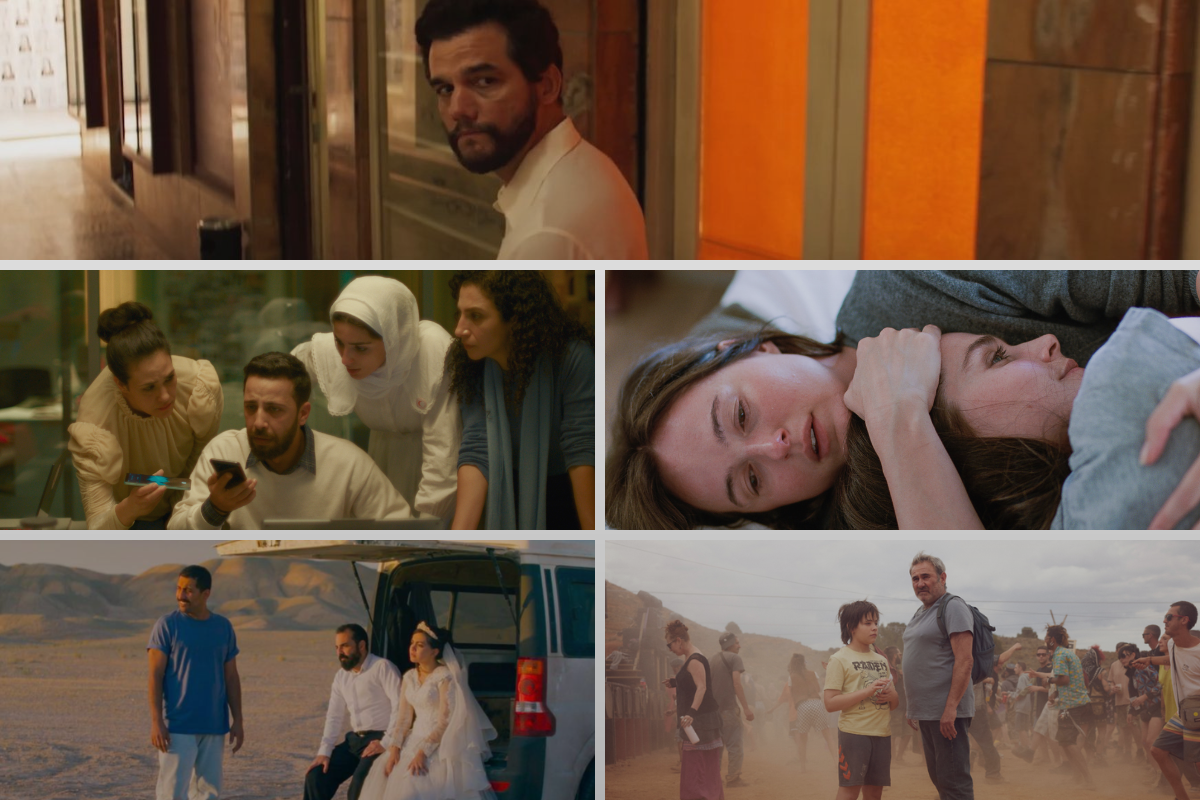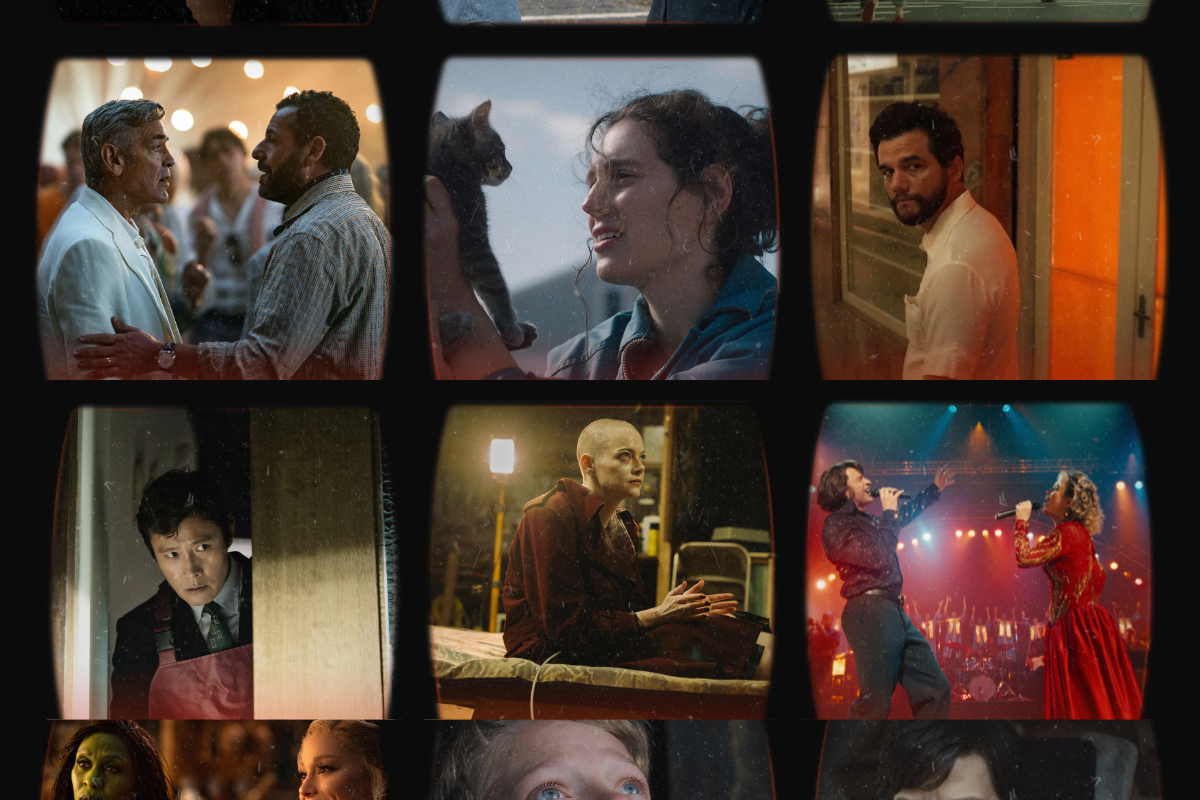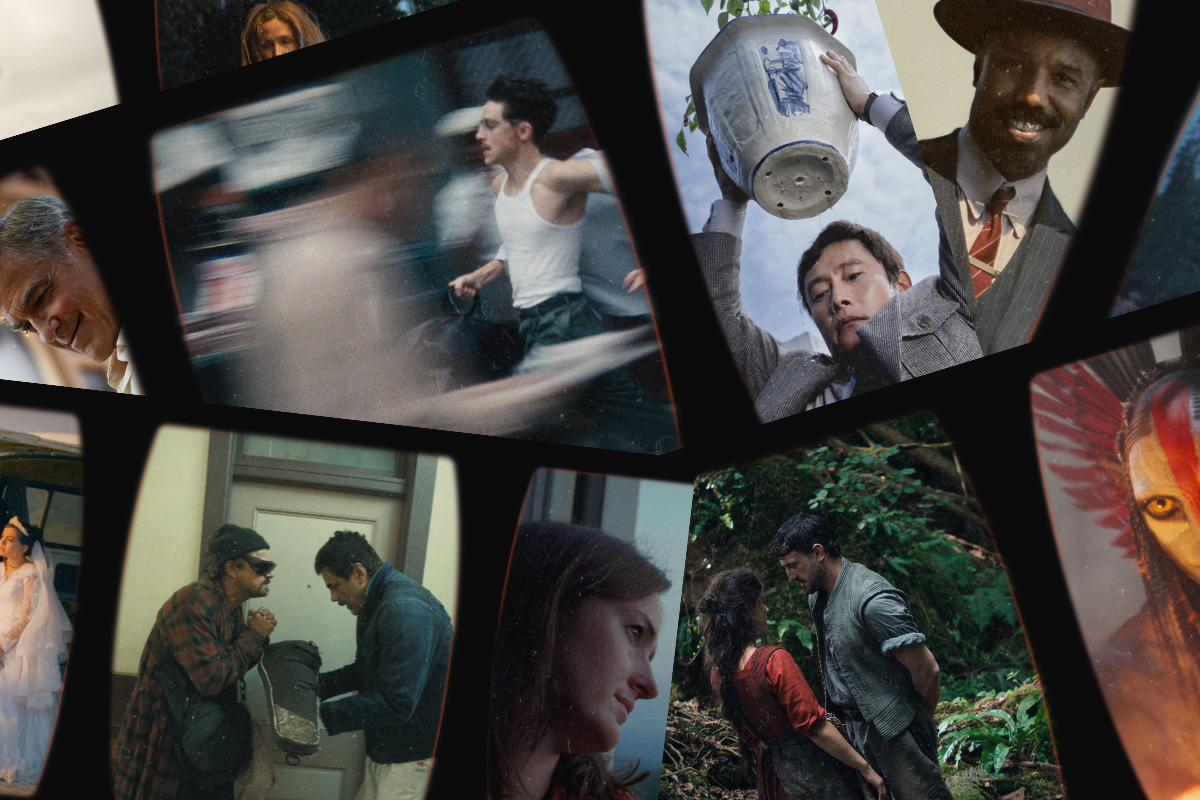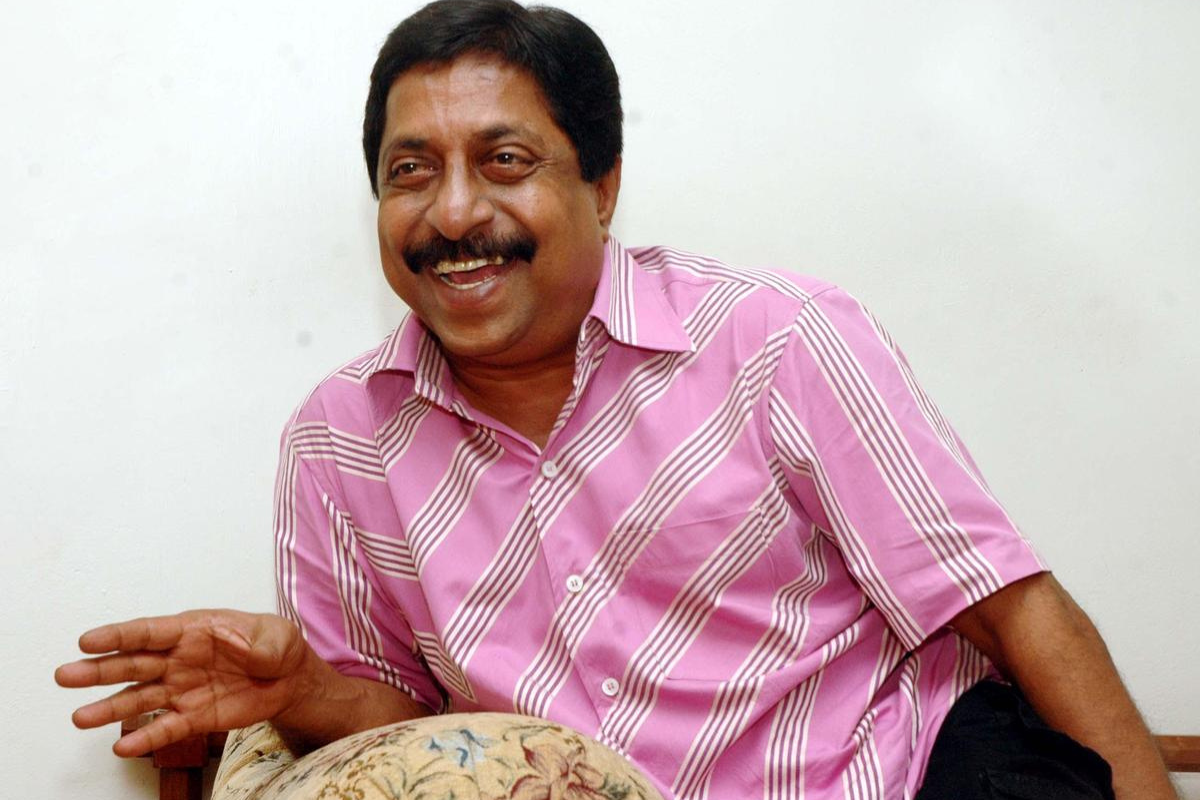A Lifelong Student of Film: A Talk with Film Historian Jeanine Basinger
Film historian, scholar, and former Wesleyan University professor and recent Robert Osborne Award recipient Jeanine Basinger speaks fondly of her love and appreciation of film and her illustrious career.
What does it mean to be a student of film? Much like being a student of life, it involves lifelong learning. It can be a spiritual journey. A philosophical one. An aesthetic one. Film is an art form that is a collaboration, it’s a circus with many performers. To study it is to constantly be learning something about one’s self. The 88 years young film historian, scholar, and former Wesleyan University professor Jeanine Basinger gladly embraces this and has for a long time.
Basinger has been fortunate enough to spend her life doing what she loves, keeping film alive and preserving it. She’s been a cinephile since she was eleven, when she was an usher for her local movie theater in Brookings, South Dakota. When she was older, she helped spearhead one of the strongest and most notable university film studies programs in the country at Wesleyan University. Though she retired in 2020, she still serves on numerous boards, including as a trustee emeritus for the American Film Institute. The former Corwin-Fuller Professor of Film Studies, despite being retired, will never have a dull moment because by consulting and advising on various boards and contributing to documentaries, she maintains a connection to what she loves. It’s as much a part of her as breathing.
Script Magazine had the good fortune of speaking with her a few days before the Turner Classic Movies Film Festival started on April 18, 2024.
Sonya Alexander: What are your fondest memories of being an usher when you were a kid?
Jeanine Basinger: I loved it so much. I always say it’s the only job I wasn’t promoted from. I wouldn’t allow it because if I had to be a popcorn girl or a ticket seller, I couldn’t watch the movies. So I wanted to stay at the low level. The main thing that really happened for you when you’d stand and watch the movies over and over again, night after night…you had to find something to do with your brain. You start looking at the movie as an object that’s been made. You’re not just following the stories and the characters. It was the beginning of an understanding for me of serious film study. Of course, I didn’t think of it that way.then.
I also learned how audiences would respond and how the films had been designed for every different audience to make them laugh in the same place or get scared in the same place. It was a real education in what movies are but it was primarily the pleasure of just watching them. It was great. I loved everything about it.
Sonya: When you first started teaching a film class at Wesleyan, do you remember some of the first films on your syllabus?
Jeanine: Oh, yes. I started in 1969, 1970, which was a long time ago. I was showing things like Pickup on South Street, Double Indemnity, Winchester ‘73, and all of the films that became more popular and better known because those were the films when I was ushering that I never got tired of looking at.
Most people in colleges at the time weren’t showing movies or they were showing foreign films. I had been able to see foreign films and I liked them but I felt my heritage of being able to see American films multiple times and learn which ones could stand the test of multiple viewings was important. I started by teaching that way. My students were astonished. They kept saying, ‘But my parents have never heard of these movies!’ They’d heard of Double Indemnity but nothing else.
Sonya: I saw in one of your interviews you said you used to keep a viewing diary. Do you still have that?
Jeanine: I do. It’s up in the attic. I have an attic full of stuff like this. I have it in little tin boxes. Sometimes it’s fun to get them out and read them. I started writing when I was a really little girl. I’d write down what I liked about a Betty Grable movie. Things like that. It’s a connection to yourself. Most people don’t keep diaries or if they do, they abandon them. They’re also not writing them from the point of view of the movie they saw, so for me, it’s fun to read them.
Sonya: What’s your favorite era of film?
Jeanine: It’s always hard for me to answer questions like that because I really love movies. I would say the 1940s because they were my most formative years of not only realizing the pleasure of learning from movies but gaining a tremendous respect for them. Call me tomorrow and I might say the 50s or the 30s…! [laughs]
Sonya: What would you say is your favorite film production story?
Jeanine: I think my favorite would be An American in Paris. That was a film I loved a great deal that had a great influence on me and everybody in the small town I grew up in. The story about the production has been recorded in a wonderful book by Donald Knox and it’s very detailed. Because it’s a musical and it’s in color, it has every single production department involved in it. It’s a real portrait of the Hollywood studio system of the era and I love that kind of thing, so I’m going to go with that.
Sonya: How did the film studies program at Wesleyan grow?
Jeanine: There wasn’t really any serious film study there when I was asked to begin it. People got involved who’d done important things like teaching film appreciation courses or teaching an introductory filmmaking course. It began by having a university that was willing to support a new field and by me finding colleagues that were exceptional in other departments, primarily Richard Slotkin, the famous American Studies professor, and Joe Reed, my colleague who was in the English Department.
Finally, fantastic students who just loved these old movies when we showed them and loved the idea of study. They just jumped in and supported it and continue to support it to this day. Building the film department at Wesleyan was not an easy job. I had a lot of opposition. We did it and it’s fabulous. We have an illustrious family of alumni. We have a president now, Michael Roth, who’s wonderfully supportive and understanding of how important it is to have the serious study of film and television in the curriculum today. The program has come to a very good place.
Sonya: How important has Turner Classic Movies been in your archival career?
Jeanine: I could not possibly say how important Turner Classics is, not only in my own life and in everything I do, but I feel for the culture and the history of film. You can’t have film study if you don’t have access to the films. They have made accessible in an intelligent and connoisseurship way and entertaining manner all kinds of films. They don’t just show Casablanca and Citizen Kane. I think Turner Classic Movies is primary in education. I can’t praise it enough.
Sonya: What does it mean for you to receive the Robert Osborne Award?
Jeanine: I’m terribly thrilled and honored. It means a great deal to me. Robert and I weren’t super close friends, but we were friends. He was such a wonderful guy. To be given an award in his name means a lot to me personally. I’m thrilled. This is my tribe here. We’re the film lovers. I just feel very honored and very happy.
Sonya: What kind of work have you done with AFI?
Jeanine: I became a trustee in 1978. Except for a six year period during the 90s when I was just too busy, I have and continue to be a trustee. I serve on a Life Achievement committee and an Honorary Degree committee. I've served on all kinds of committees. I’m an active trustee. I’m very close with George Stevens Jr., Jean Firstenberg, and now Bob Gazzale. It’s been a pleasure for me to come out to California to work with others on various projects.
Sonya: What do you do with the Martin Scorsese Foundation?
Jeanine: This is something very important in my life because it directly affects education. Marty’s story of the movie projects is designed to put film studies in the American curriculum at the kindergarten through high school level. This project really starts with junior high. The serious study of film and its importance in our history, culture, and politics and every aspect of our lives…it should be in the curriculum at a younger age. People don’t wake up and discover there are moving images when they’re in college. They open their eyes in the crib and they see a moving image so I feel very good that he’s doing this work.
Sonya: What are the benefits of studying film?
Jeanine: Everything is now defined for us through a digital or moving image. It’s embedded in our culture. We can’t understand ourselves without it. Politics, clothes, attitudes, personalities, and diversity issues are sold to us through it. All of these things can be shaped, defined, and made better through movie images. We can also learn about people other than ourselves and have broader connections and hopefully a more peaceful and tolerant world.
Sonya: How do you think streaming has affected the way people perceive movies?
Jeanine: I’m not a big streamer. Obviously, I wouldn’t be. I’m the one who’s going to skulk out to the big movie theater and sit alone if I have to. It’s easy for me as a person who’s been going to the movies for such a long time to want to keep things the way they’ve always been. I go to the movie theater, the image is big, and I lose myself in it.
But I think as things change, streaming makes things more accessible. It gives us yet another outlet to see things and learn things. It gives people a chance to see things from around the world. What I don’t love is the smallness. I like a big image. I want immersiveness. Film in its history has always eaten up new technology. We thought TV was going to kill film. Well, it didn’t. Streaming is just another form of delivery.
Ms. Basinger was presented with the Robert Osborne Award on the evening of Saturday, April 20, at the Egyptian Theater.
In this 10-week course, we’ll take you through some of the master filmmakers and writers of the past—Alfred Hitchcock, William Goldman, George Lucas, Edgar Wright, Steven Spielberg, and more—and give you a peek behind the curtain of their work and how they crafted stories.
Sonya Alexander started off her career training to be a talent agent. She eventually realized she was meant to be on the creative end and has been writing ever since. As a freelance writer she’s written screenplays, covered film, television, music and video games and done academic writing. She’s also been a script reader for over twenty years. She's a member of the African American Film Critics Association and currently resides in Los Angeles.







